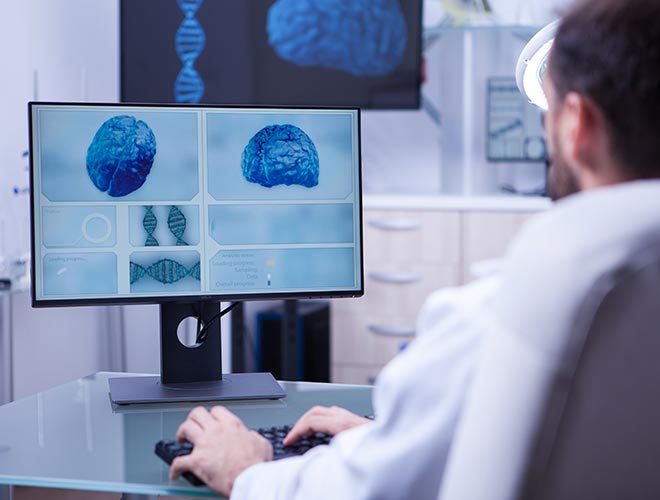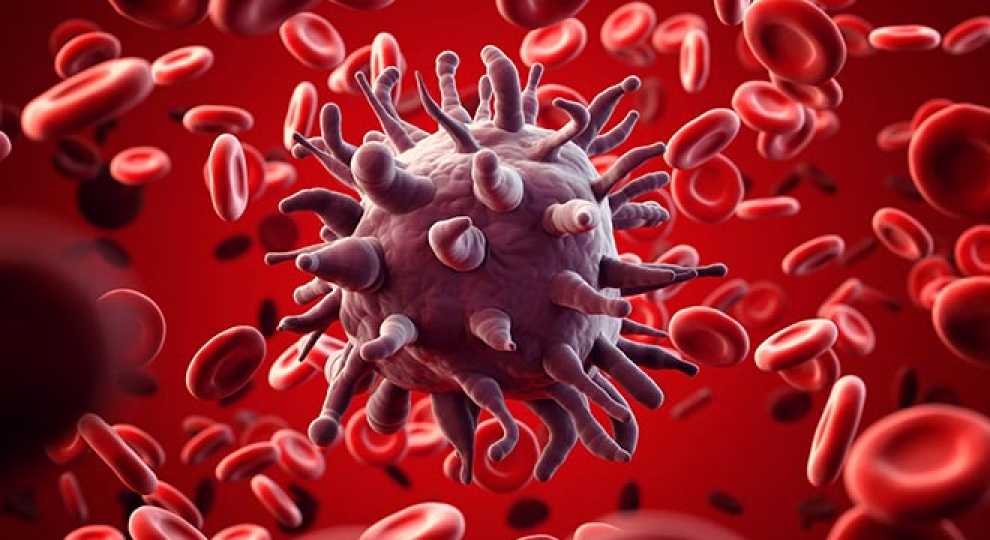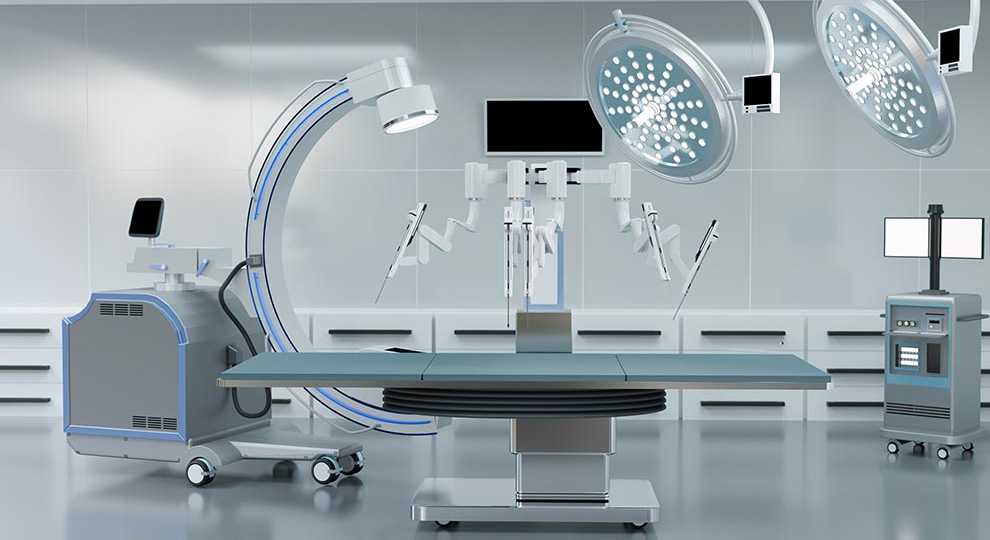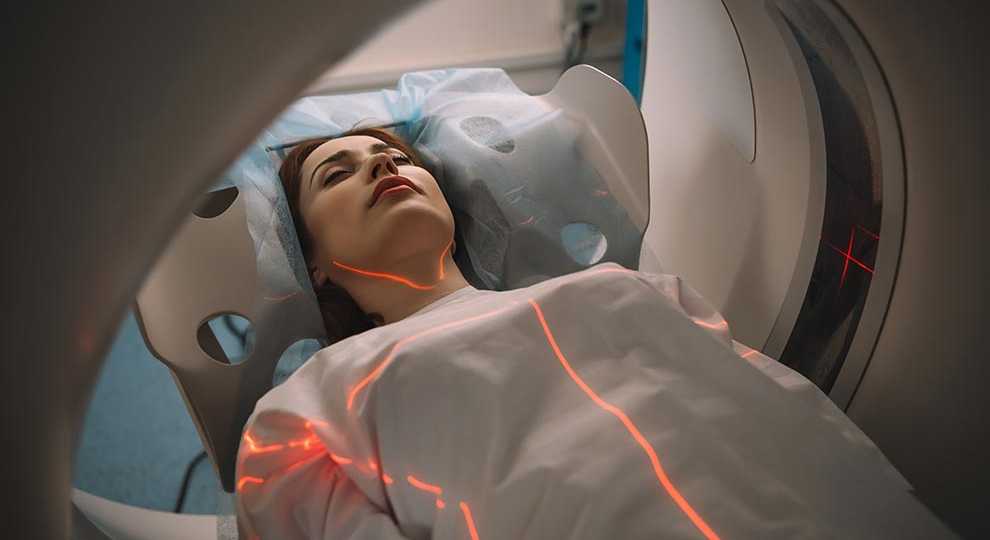
Fast diagnosis and Second Opinion
We use the latest technology and methods to provide fast and accurate cancer diagnosis and treatment. Our team of healthcare professionals utilizes PET scans, biopsies, and other imaging techniques to quickly detect cancer and determine the best course of action. We also offer second opinion consultations for those who need more clarity about their diagnosis and treatment plan. Our goal is to provide the highest quality of care with the shortest possible wait time for diagnosis and treatment.





